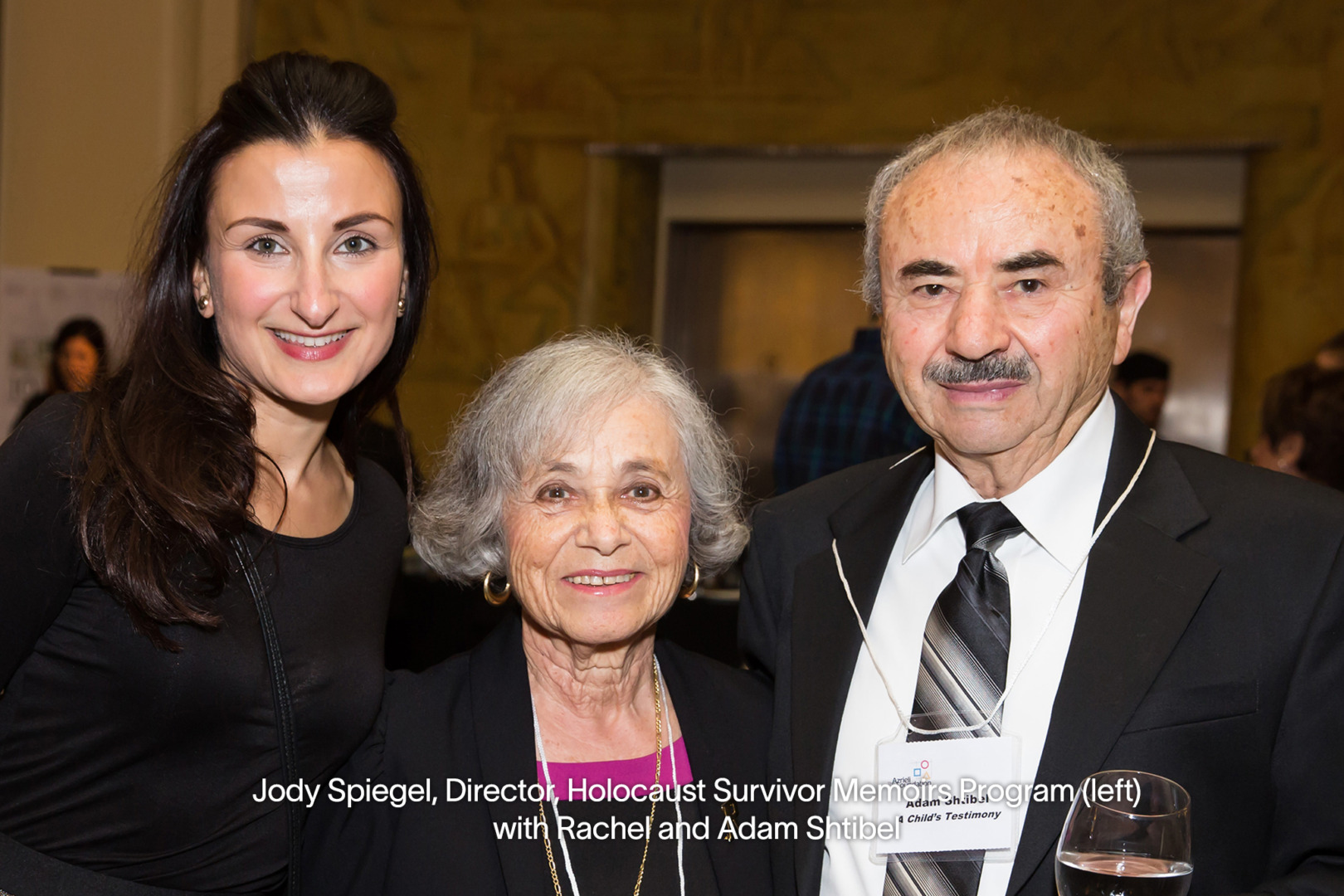Seven years ago, after a public call-to-action revealed a dire lack of support for low-income Holocaust survivors across Canada, the Azrieli Foundation began supporting the Emergency Assistance Program (EAP). The EAP provides grants to local Jewish agencies to ensure that this vulnerable population receives financial assistance to meet urgent needs.

The Foundation has partnered with the Conference on Jewish Material Claims Against Germany (Claims Conference) and trusted local agencies—who can respond to the specific needs of the populations they serve—to help maximize the impact of this funding. Survivors access these resources through familiar organizations, getting support from people who are sensitive to their experiences and some of whom speak their native languages. The EAP currently supports five organizations and is able to provide support for all low-income Holocaust survivors in Canada who require assistance.

Pinchas Gutter is a survivor and author of Memories in Focus, published by the Foundation’s Holocaust Survivor Memoirs Program. He has long been involved with the Claims Conference as part of the Committee for Needy Holocaust Survivors, where he provides insight and helps make decisions from a peer’s perspective. Survivors’ needs often increase as they age, and during Gutter’s two decades with the Committee—of which he is currently the Chair—he has seen the number of people applying for financial aid grow exponentially. This has led to a shortage of available funds. Gutter says that when concerns arose around funding gaps, support from the Azrieli Foundation allowed them to continue serving this community.
It was 2015 when the Foundation first responded to this issue facing survivors in Canada. In 2022, that need is still present—and it’s evolving.
In the early days of the pandemic, the Foundation worked with the Claims Conference to provide emergency funds as part of a COVID-relief strategy. In the long term, local organizations have needed to adapt to lasting needs brought on by the pandemic, like the increased demand for food deliveries. As well as the basics, pandemic relief funds were used to provide important technology-based supports; an iPad, for example, allows survivors to stay connected with family and can make a world of difference for their mental health. These services improve quality of life and give peace of mind to people who are struggling.
As poverty continues to affect many Holocaust survivors, it is critical to help this community live in comfort and with dignity. Says Gutter, “As Chairperson of the Committee for Needy Holocaust Survivors, generously supported by the Azrieli Foundation, I invite the Jewish community to contribute to the continuation of this vital work.”

The Azrieli Foundation cannot provide direct support to individuals. If you or someone you know needs immediate assistance, please contact your local community agency:
- Toronto: Jewish Family and Child Service or Kehilla Residential Programme (specifically for rental assistance)
- Ottawa: Jewish Family Services Ottawa
- Edmonton: Jewish Family Services Edmonton
- Vancouver: Jewish Family Services Vancouver
- Montreal or anywhere else in Canada: Cummings Centre








